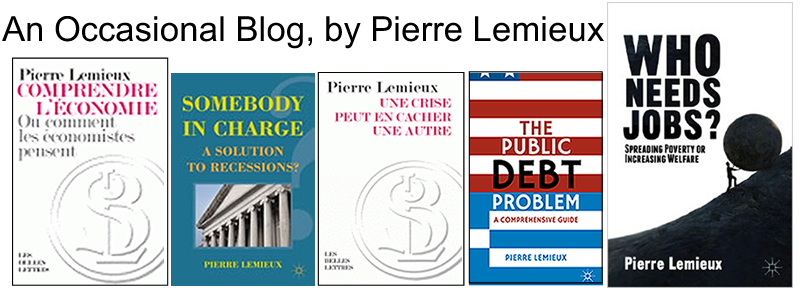Numerous press reports (see, for example, the Wall Street Journal and the Financial Times) describe shortages of gasoline in New York City. These are real shortages, that is, waiting lines to obtain insufficient supplies. Economics teaches that prices would rise until quantity demanded decreases (and, with a lag, until quantity supplied increases), thus clearing the market and eliminating the shortage. Only temporary high prices would remain, and at those prices, anybody could get as much gasoline as one wants. Why is this mechanism not working?
The main reason is simple: the law bans price increases. The New York [State] Code §396-r, Section 396-R on “Price gouging” effectively forbids wholesalers and retailers to increase prices “during any abnormal disruption of the market.” This applies to gasoline, and you expect compliance from visible service stations and large oil companies under high surveillance. Hence, prices cannot increase to clear the market, and queues form—like in socialist countries.
Smaller shops, which are more likely to escape government surveillance, break the law and jack up prices. In Chinatown, for example, anybody can buy batteries at three times their usual price (see Huffington Post, October 31, 2012). There is no shortage, because prices play their role.
Government regulations also interfere in many ways with adjustment on the supply side, preventing quantity supplied to increase (assuming higher prices would provided the right incentives). We were reminded of this by the federal government suspending the Jones Act of 1920 to allow non American ships to move gasoline to New York from other US ports (BloombergBusinessweek, November 2, 2012). You see how the state is nice, and how US socialism is not that recent!
But even without increased supply, prices would move to eliminate the shortage and clear the market. Provided of course that the market is free.
